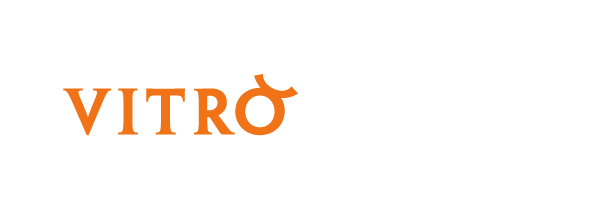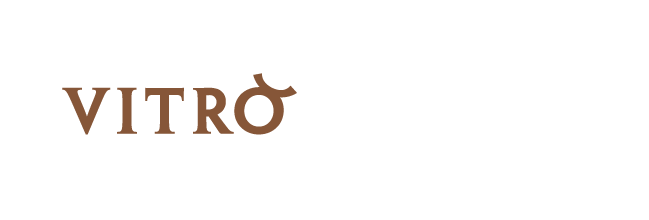The Royal Chapel of Córdoba Revisited
Stucco and Glass Windows in Medieval Iberia
The Royal Chapel (Capilla Real), installed in the second half of the 14th century within the Mosque-Cathedral of Córdoba, bears witness of the transcultural reality of Medieval Iberia. Characterized as an amalgam of diverse artistic languages, which point to the crown of Castile and León and Nasrid Granada, the Capilla Real combines architectural and decorative elements of both Ibero-Islamic and Christian origin to become one of the outstanding examples of the so-called Mudéjar architecture.
The upper chamber of the Capilla Real, which is in the center of the present project, has been linked to the so-called qubba, an interior space composed of a square compartment covered by a dome, which became a standard element of Nasrid architecture and was adopted for most of the funerary chapels, as well as other representative spaces of the Crown of Castile and León. One of the hitherto almost unknown elements of this upper chamber are the colourful windows discovered in the course of diagnostic and archaeological investigations. The making of these windows, which consist of coloured glass pieces set in stucco transennae (shamsīyāt), follows a long tradition within the Islamic world. As the only 14th-century shamsīyāt preserved in situ in al-Andalus, the Cordobese windows are outstanding and they provide important evidence for our understanding of Ibero-Islamic and Mudéjar architecture.
Their art-historical, material and technical analysis and contextualization are the focus of the present project, which will bring together Swiss specialists in Islamic glass art from the Vitrocentre Romont and Spanish archaeologists and civil engineers from the Cultural Heritage Department of the Cathedral Chapter of Córdoba. Forming part of the interdisciplinary project “DE IURE: De Iulius Caesar a los Reyes Católicos: análisis arqueológico de 1500 años de historia en la Mezquita-Catedral de Córdoba y su entorno urbano” (Ministry of Science and Innovation of Spain, 2021–2025), led by Alberto León Muñoz and José Antonio Garriguet Mata (University of Córdoba), the present project will shed light on a hitherto largely unstudied aspect of Islamic and Mudéjar architecture and lay the foundations for further studies on the subject.
Project duration: 2023 – 2026
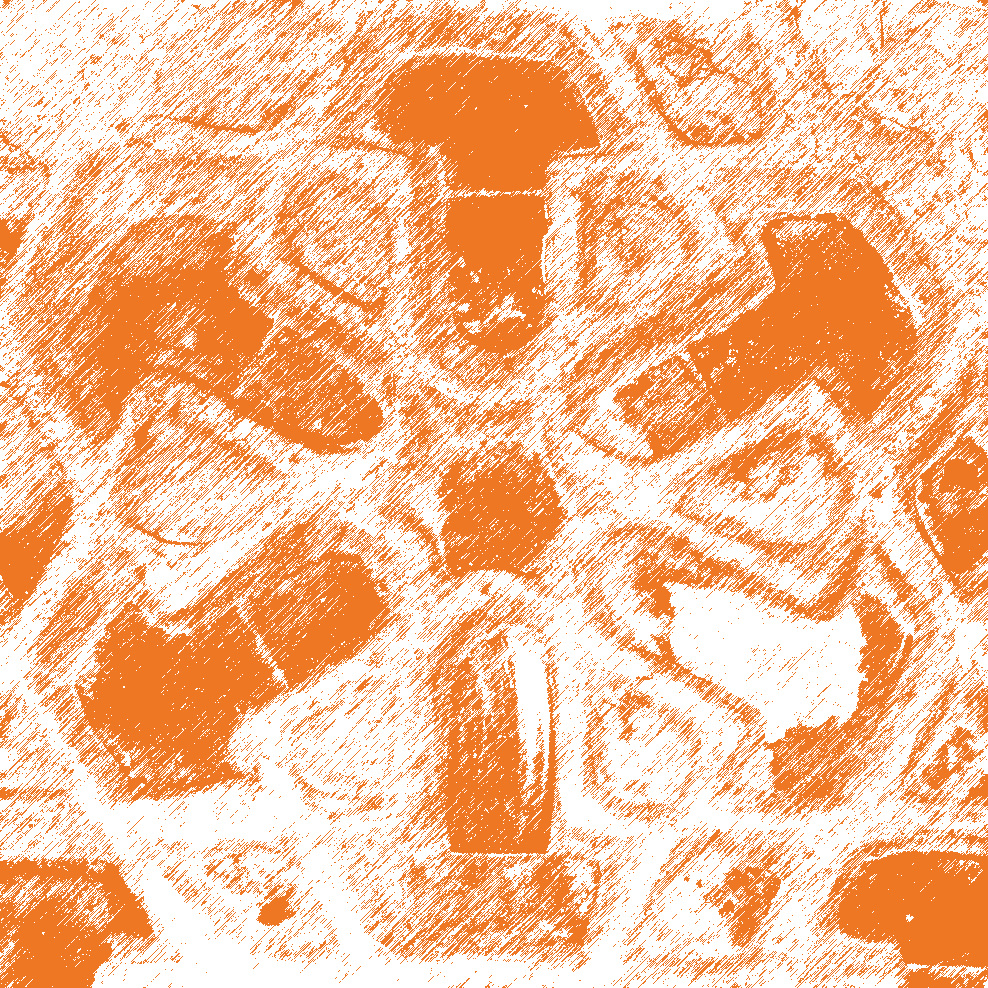
Information
Research Team
PD Dr Francine Giese, Dr Sarah Keller, Dr Sophie Wolf (Vitrocentre Romont)
Dr Raimundo Ortiz Urbano, Dr Rafael Ortiz-Cordero (Cultural Heritage Department, Cathedral Chapter of Córdoba)
Prof. Miguel A. Respaldiza (Centro Nacional de Aceleradores, Universidad de Sevilla)
Financing
Gerda Henkel Stiftung
EURO-LABS
